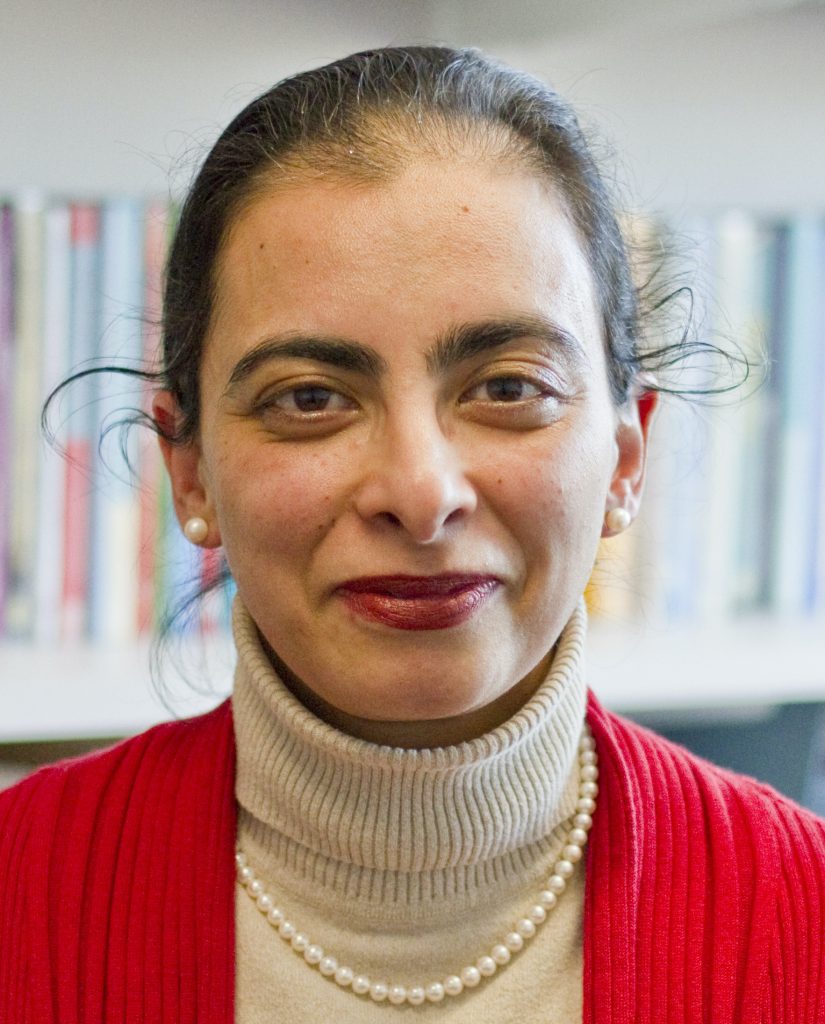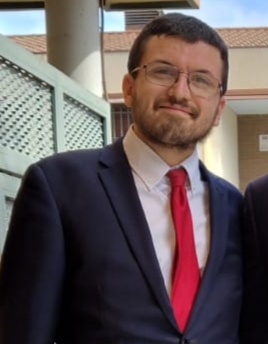How Does Hate Speech Directed at One Community Affect Another Community?

Jagbir Jhutti-Johal is Professor of Sikh Studies at the School of Philosophy, Theology and Religion, University of Birmingham.
In her January 2024 report, the UN Special Rapporteur on freedom of religion or belief, Nazila Ghanea, highlighted the significant impact of hate speech on individuals and communities. She emphasized that
[n]otwithstanding the psychological and physiological harms or sense of offence that can result from hate speech, the fundamental threat to the dignity of targeted groups does not solely arise from hateful expressions but also from the social reality that they are drawn from, i.e. the potentially widespread societal identity-based contempt towards the target community. (para. 6)

